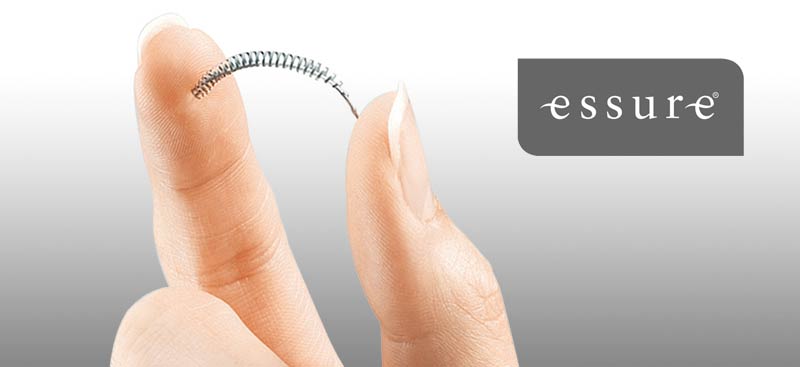The FDA has restricted sales of Essure birth control devices, according to the New York Times and other news sources. Sales of the contraceptive implant will now be limited to medical providers who agree to provide full disclosure of Essure’s dangers to all patients offered Essure birth control.
The FDA issued a statement advising that, as of April 9, 2018, Essure device sales may only be made to healthcare facilities and physicians who use the “Patient-Doctor Discussion Checklist—Acceptance of Risk and Informed Decision Acknowledgement” approved by the FDA. The FDA also required new labeling for the Essure birth control device that describes the sales restriction and the means by which healthcare providers must inform their patients of the risks associated with Essure.
Dangerous Essure Birth Control Side Effects
The dangers and injuries associated with Essure birth control have been known to Bayer and the FDA for quite some time. Between November 4, 2002, and December 31, 2017, the FDA received 26,773 adverse event reports related to Essure. By 2016, most of the adverse event reports were submitted directly by Bayer. In 2017, more than 94% were submitted by Bayer.
In 2016, the FDA mandated a black box warning for Essure—the type of warning reserved for drugs associated with serious hazards. Hazards and injuries linked to use of the Essure birth control device include:
- movement of the Essure device, (which is composed of two metal coils) to the abdominal or pelvic cavity
- uterine perforation
- fallopian tube perforation
- chronic pain
- suspected allergic and hypersensitivity reactions
- need for surgery to address Essure complications
Essure Birth Control Device Lawsuits
Thousands of women have filed lawsuits against Essure manufacturer Bayer, seeking damages for injuries sustained by the Essure birth control device. For additional information about Essure lawsuits, see Philadelphia Essure Injury Lawyers.

